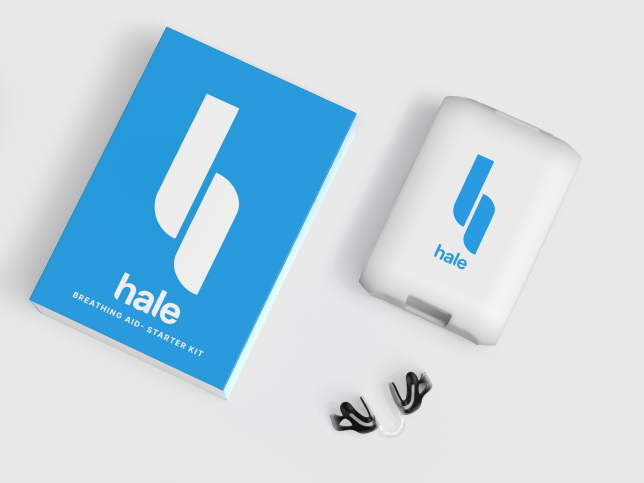
Caffeine is often the key to powering through a busy day, but how you manage your caffeine consumption can make or break your sleep quality. It’s not just about cutting back—timing and strategy play a big role in optimizing your caffeine intake without disrupting your rest. Here’s how to find the perfect balance between staying alert and getting a good night’s sleep.
Understand Your Caffeine Sensitivity
The first step in optimizing caffeine intake is understanding your personal sensitivity to caffeine. Some people metabolize caffeine faster than others, which affects how long it stays in their system. For example, caffeine’s half-life is typically between 3 to 7 hours, but this can vary based on age, weight, genetics, and tolerance.
If you’re more sensitive to caffeine, even a single cup of coffee in the afternoon could interfere with your sleep. Conversely, if you metabolize caffeine quickly, you might be able to enjoy that afternoon espresso without an issue. Keep track of how caffeine affects your sleep and adjust accordingly.
Time Your Caffeine Consumption Wisely
To optimize caffeine intake for sleep, focus on the timing. The earlier in the day you consume caffeine, the less likely it will interfere with your sleep. Try to cut off caffeine intake at least 6 hours before bedtime, as studies show that caffeine consumed even 6 hours before sleep can reduce total sleep time by an hour.
For most people, having their last cup of coffee or tea by mid-afternoon (around 2 p.m.) is ideal. If you find that even this disrupts your sleep, you may want to stop consuming caffeine even earlier in the day.
Opt for Low-Caffeine or Caffeine-Free Alternatives
When you crave a warm beverage in the afternoon or evening, consider low-caffeine or caffeine-free alternatives. Decaffeinated coffee, herbal teas like chamomile, or warm water with lemon can provide comfort without the stimulating effects of caffeine.
Another option is to switch to green tea in the afternoon, which contains less caffeine than coffee but can still provide a mild energy boost without severely impacting your sleep.
Choose the Right Amount for Your Needs
Moderation is key when it comes to caffeine intake. While a cup of coffee or tea can boost productivity, excessive amounts can lead to increased heart rate, jitteriness, and sleeplessness. The FDA recommends consuming no more than 400 milligrams of caffeine per day, equivalent to about four cups of brewed coffee.
Pay attention to your total daily intake, including “hidden” sources of caffeine in sodas, energy drinks, chocolate, and even certain medications. Tracking how much caffeine you consume throughout the day can help you stay within healthy limits while still enjoying its benefits.
Practice Caffeine Cycling
If you rely on caffeine daily but notice that it’s affecting your sleep, consider cycling your caffeine intake. This involves periodically reducing or eliminating caffeine from your routine to reset your body’s tolerance. For instance, try going without caffeine on weekends or switching to decaf for a week. Caffeine cycling can lower your tolerance and help you use caffeine more effectively when you do need it—without it interfering with your sleep.
Final Thoughts: A Balanced Approach to Caffeine and Sleep
By timing your caffeine intake and being mindful of your body’s sensitivity, you can enjoy its benefits without sacrificing sleep. Keep caffeine to the morning hours, limit your intake, and explore alternatives that satisfy your cravings while promoting better rest. With these strategies, you can have the best of both worlds: alert days and restful nights
